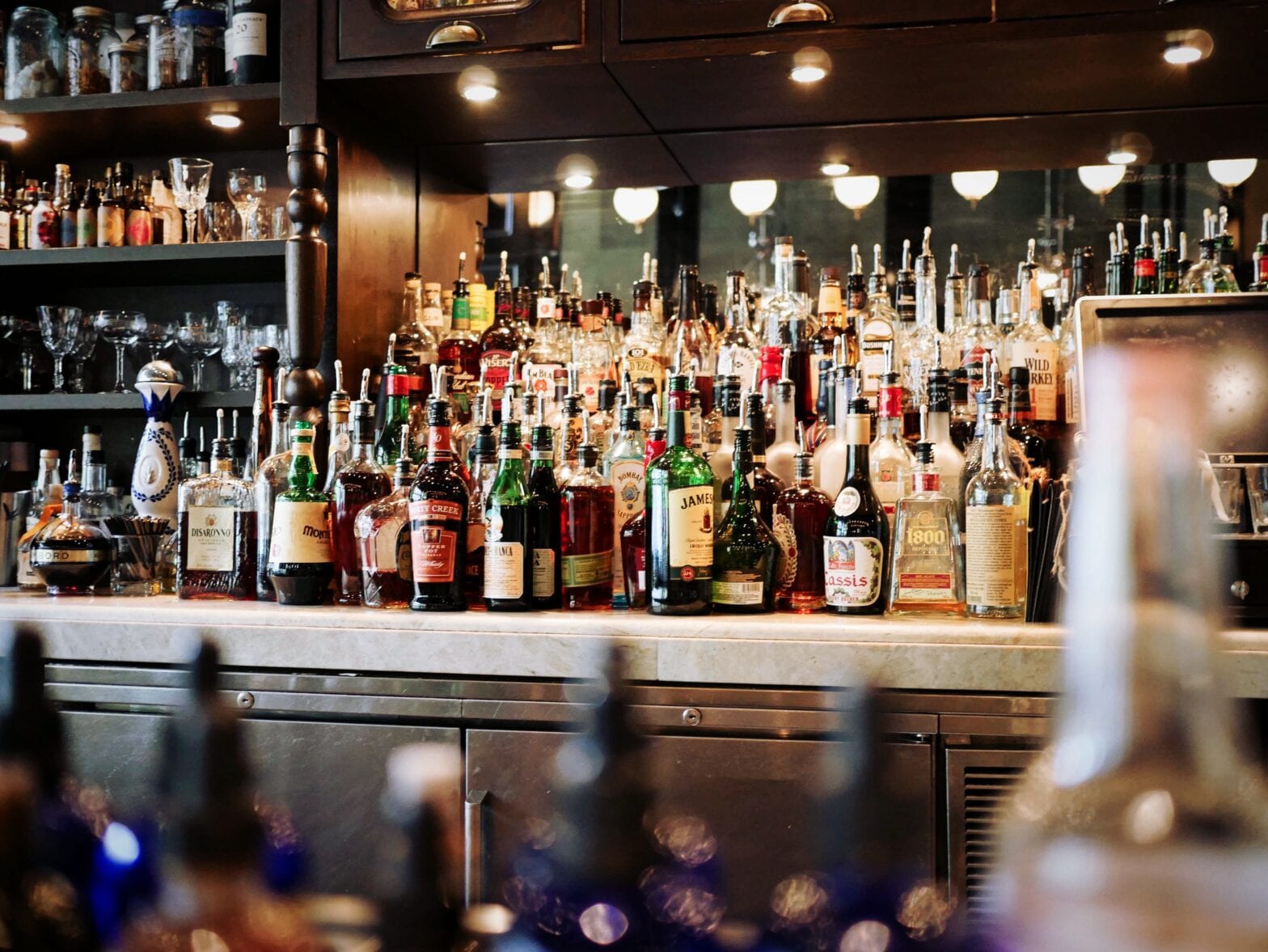English troops fighting in the Low Countries were perhaps the first importers of gin to British shores. In 1585 the Earl of Leicester’s troops took some Dutch Courage (a tot of gin) prior to battle as they allied themselves to The Netherlands in their conflict with Philip II of Spain.
The English were in need of this courage once again before fighting in Holland, this time during the 30 Years War. These troops undoubtedly returned home with some gin. In the 1660’s the famous diarist Samuel Pepys wrote of “strong water made with juniper” used as a treatment for colic; although whether this was for his own ailment or for infants remains unclear.
The story continues with William of Orange who ascended the British throne in 1689 and immediately banned French imports. In addition he passed laws encouraging all his new subjects to distil… an edict that was wholeheartedly endorsed ! It is hard to over-estimate the effect this had on the country. In London by 1720 a quarter of all houses were actively distilling lethal concoctions masquerading as gin. It would appear the working classes seemed permanently without their faculties, public health suffered, people became simply unemployable, vice reigned and an early death predictably came none too soon.
The middle of the 18th century saw laws passed to combat these problems: gin was taxed and made available for sale only in public houses. Gin was transformed from a beverage of escapism for the working class to one of moderation for the middle class.
The subsequent invention of the continuous still in the 19th century moved the quality of gin into a new league. Prior to this gin bore no resemblance to the gins of today; it was a thick, sweet, full, rich drink with heavy juniper notes. With the advent of the continuous still and the improvement in both the understanding of distillation and the quality of the distillate there was no longer a need for sugar and glycerine to mask the rank spirit.
Gradually, gin became drier, with delicate, complex flavours courtesy of a wide range of exotic botanicals; more like the drink we know today. It became known as London Dry Gin simply because most distillers were based in the capital city. In fact, there has never been a requirement to be geographically connected to London; the term then referred to a style, which later became a defined production method.
Find out about our range of quality gins

